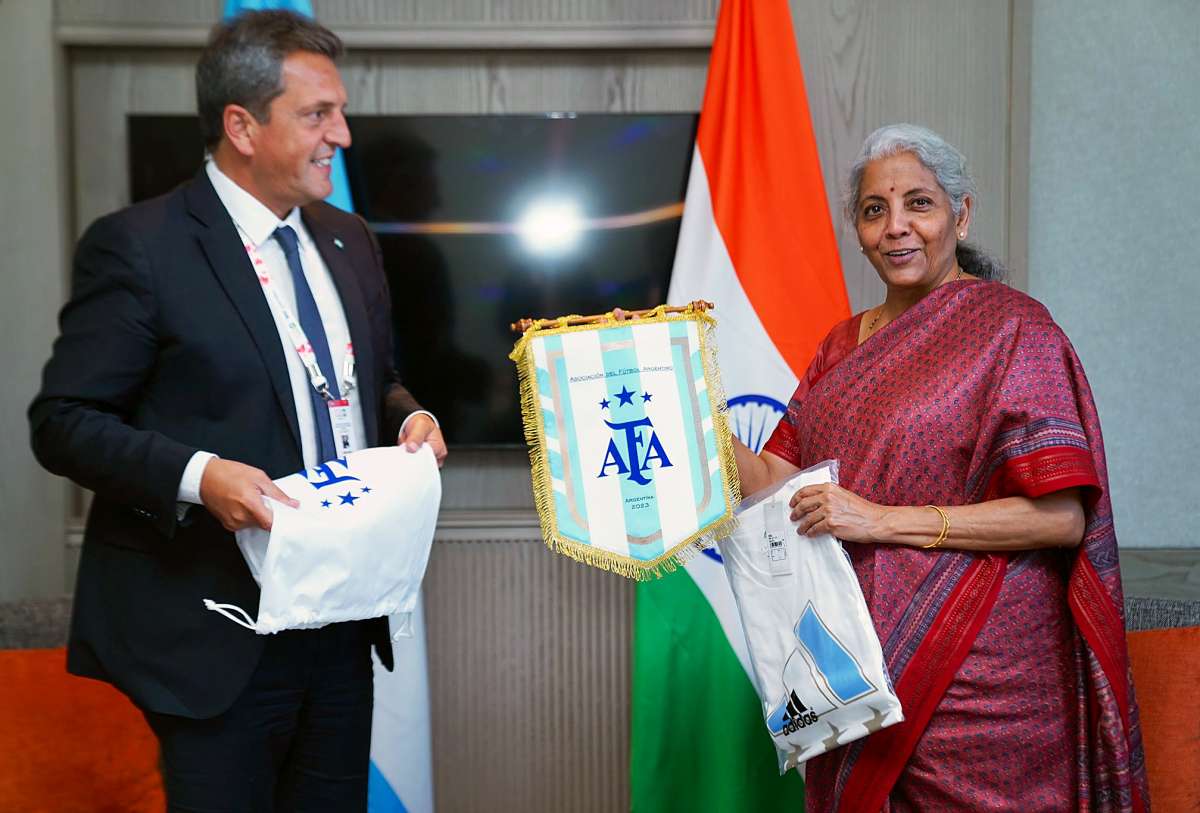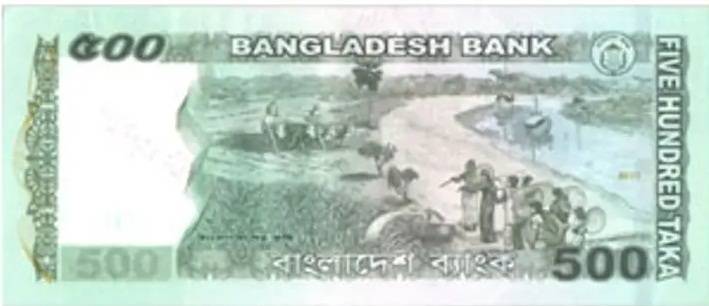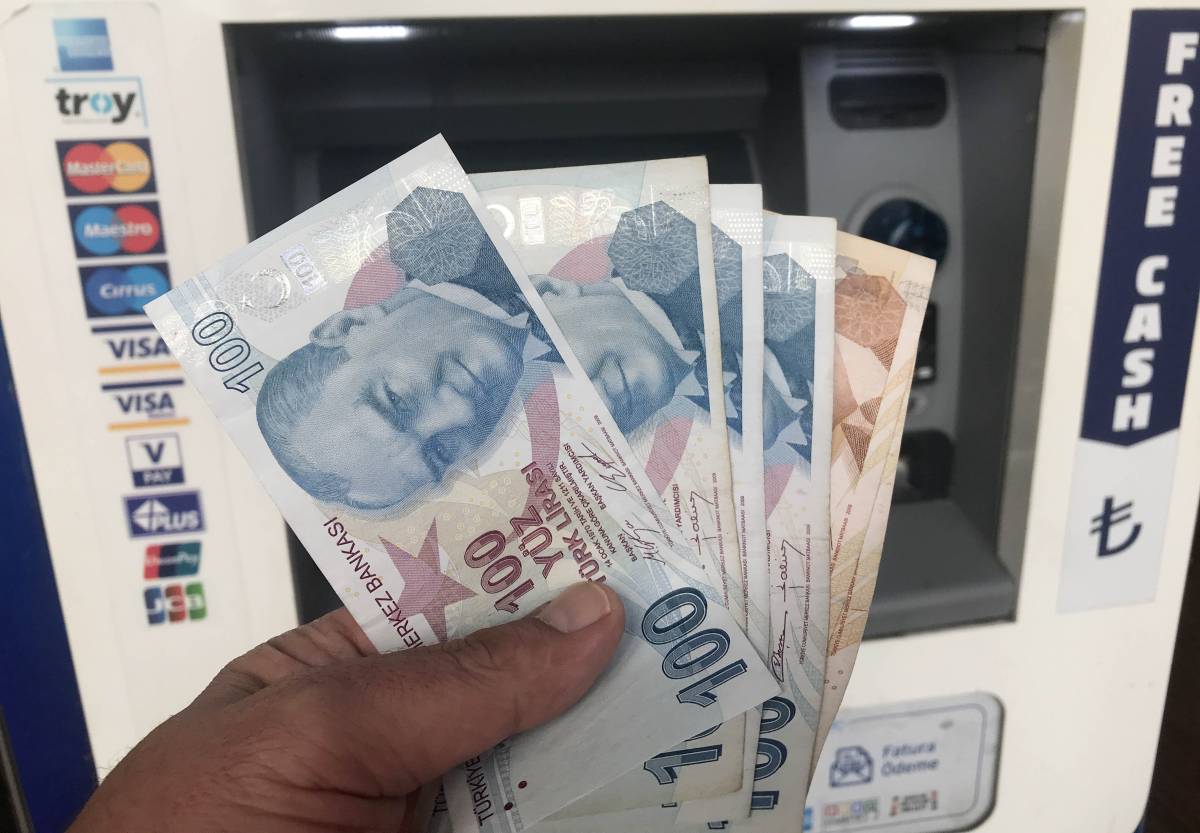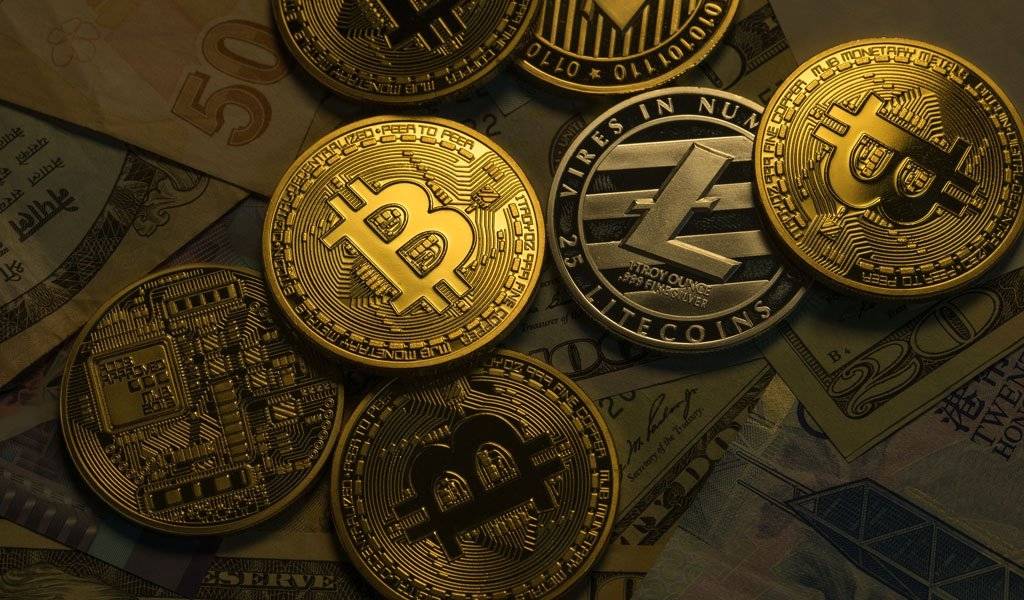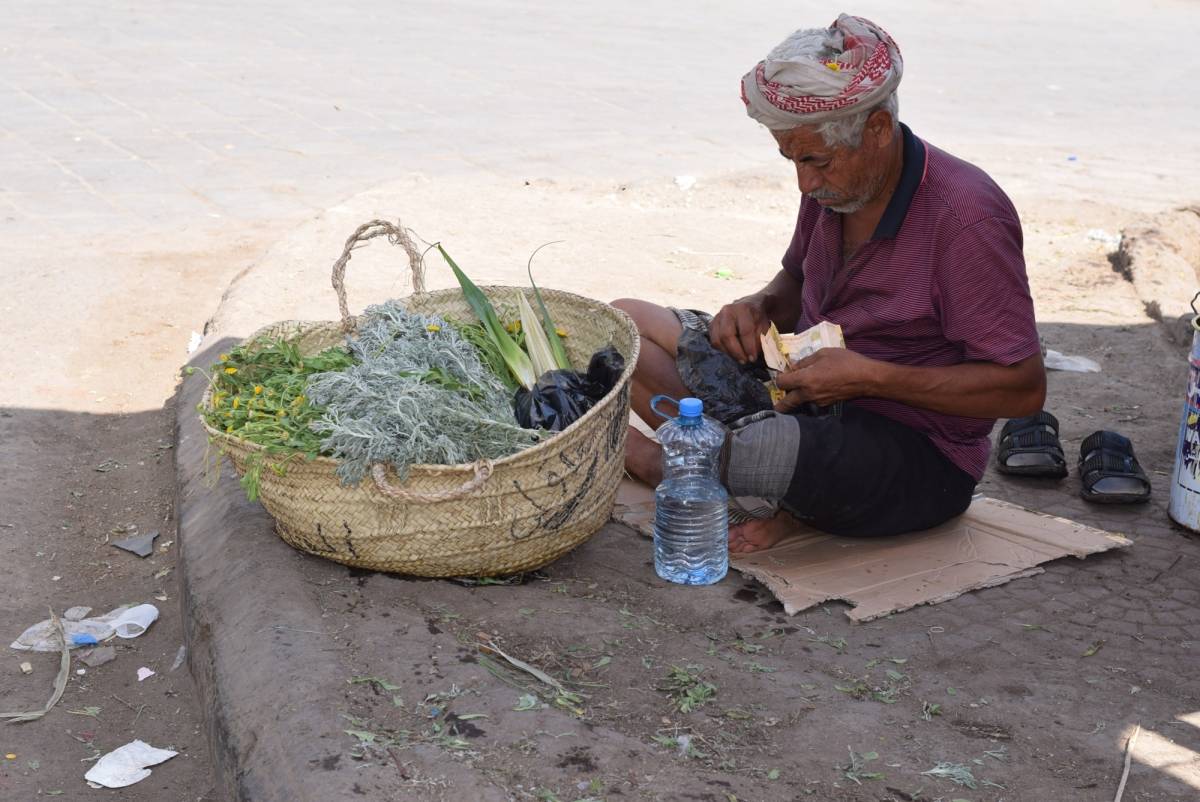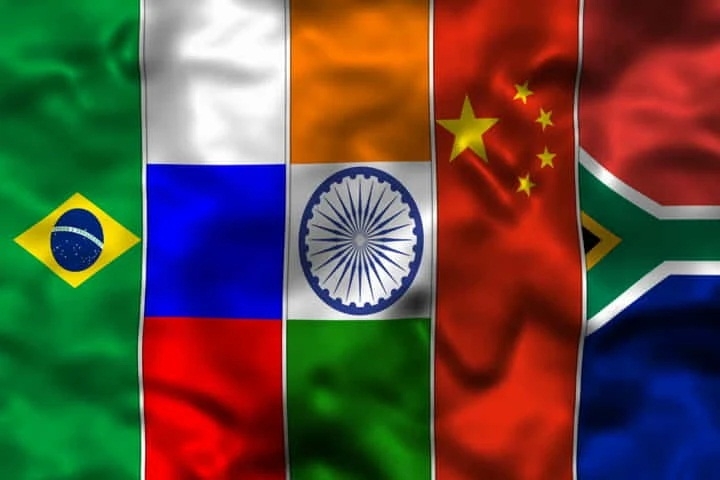
Expansion of BRICS, national currency key agendas
Modi will join the leaders of Brazil, China and South Africa for the 15th Brics Summit, Russian President Vladimir Putin will join the meeting virtually, reports Rajnish Singh Expansion of BRICS and


